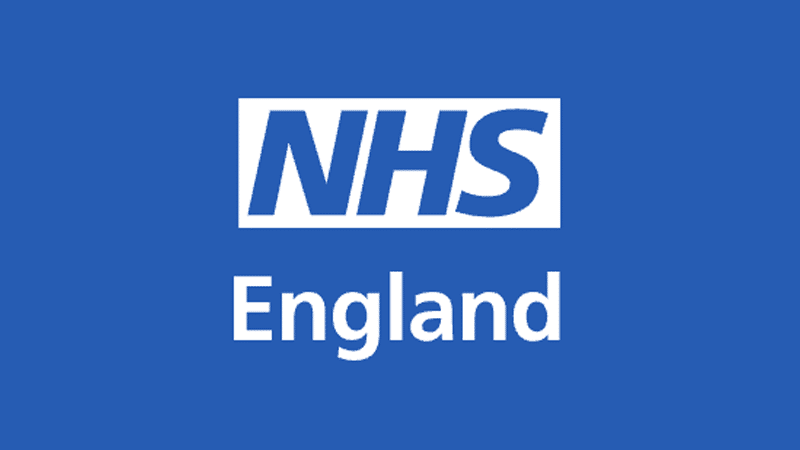NHS England has come under fire for failing to protect gender-confused teenagers from cross-sex hormones, just weeks after ending the routine prescription of puberty-blocking drugs for under-18s.
As part of the Children and Young People’s Gender Service, the NHS announced it will continue to allow teenagers to obtain cross-sex hormones from “around their 16th birthday” if they understand the impact on their fertility. But it will no longer require them to take puberty blockers for a specified time period beforehand.
The policy is not set to undergo routine review, but NHS England admitted that it will “consider the recommendations” of the independent Cass Review, which is due to be published in the coming weeks.
‘Disturbing’
A Government source reportedly called the policy an “attempt to strangle the Cass Review at birth”, while Dame Jackie Doyle-Price, a former health minister, said the stories of detransitioners such as Keira Bell should be enough to “ban these treatments for anyone before the age of majority”.
Dame Jackie warned: “This kind of hormone treatment causes permanent loss of sexual function. It should never be administered to children for the purposes of gender reassignment.”
Helen Joyce added: “This disturbing development demonstrates that winning back evidence-based medicine is going to be a fight.”
“The NHS must urgently rethink before any more children are harmed by medical practices that are driven by ideology rather than evidence of clinical benefit.”
Tavistock
The controversial Tavistock clinic is due to close this year and be replaced by regional hubs which will operate under the interim guidance informed by findings from the Cass Review.
The interim service specification states: “Children, young people and their families are strongly discouraged from sourcing puberty suppressing or gender affirming hormones from unregulated sources or from on-line providers that are not regulated by UK regulatory bodies.”
Adopting a multi-disciplinary approach, in partnership with mental health services, the hub’s clinical policies “should be mindful” that confusion around feelings about gender “may be a transient phase”.
NHS England states that some children and young people “may be eligible for enrolment in clinical research” that would provide access to puberty blockers and that the drugs may still be prescribed in “exceptional” circumstances.
NHS trust blasted for sidelining mothers in favour of ‘birthing people’
Northern Ireland to follow NHS England’s ban on puberty blockers for under-18s
Experimental puberty blockers still offered to children in Scotland

